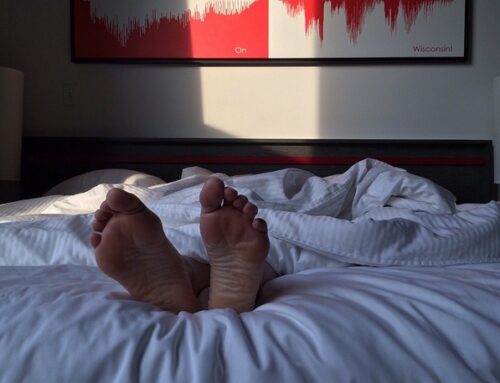When you think about snoring and sleep apnea, is it something to worry about? It is. If you ignore sleep apnea or snoring, there is a chance it can lead to worsening of symptoms and other health complications. Here are three health conditions that sleep apnea can increase the risk for.
Depression
The relationship between sleep and depression is complex, but it is clear. It has been shown that depression may cause sleep problems and sleep problems may cause or contribute to depression.
For some people, depression symptoms occur before the onset of sleep complications, but for others sleep problems appear first. Either way, sleep problems are associated with more severe depression.
Stroke
The leading complication of untreated sleep apnea is stroke. When the blood supply to part of your brain is interrupted or severely reduced, your brain tissue is deprived of oxygen and nutrients. Within just a few minutes, brain cells begin to die.
Through the damage and stress to your blood vessels, it is believed that this is caused by blood pressure and oxygen changes from sleep apnea, which increases your risk of stroke.
Type 2 diabetes
Rates of diabetes are higher among people with sleep apnea. This is because diabetes and sleep apnea share common risk factors, including obesity and advancing age.
More than half of people that are obese are considered to be at a high risk for developing sleep apnea, while further studies also suggest having sleep apnea increases the risk of developing diabetes. It is quite the dilemma.
Contact us at Pinnacle Peak Family Dentistry to learn more about sleep apnea and how you can prevent further health complications from developing.







